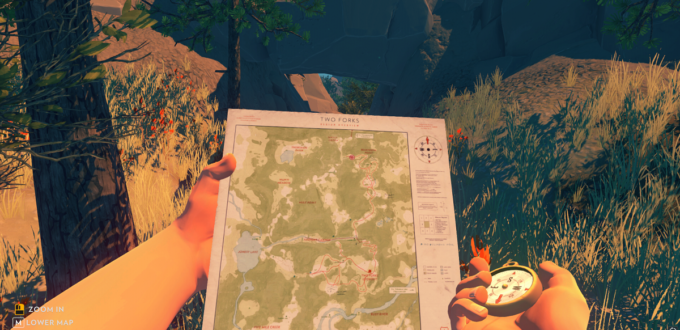Retreating to primal wilderness.
One of the biggest shifts in my life from my recent change in career is that I no longer work in a traditional office. The new job comes with a host of new pressures but honestly that’s been the trickiest to negotiate. I now split my time between a coworking space (which has its own weird set of nuances) and working from home. It’s a particular, unfamiliar type of loneliness/quiet I didn’t expect to feel after 16+ years of working in a close-quarters office where I regularly wished people would just shut up once in a while.
One of the benefits of this big change was that I got a new laptop since me always hogging our single existing, shared device wasn’t going to fly with my wife. It was extra exciting as my desktop PC had gotten too old and couldn’t play any newer games. I discovered this the hard way after I enthusiastically purchased the game Firewatch upon release and quickly discovered that my PC wouldn’t even let it start.*
If I was going to spend the money on a new laptop, I reasoned, I might as well get one with a good horsepower. Now I could play Firewatch! (as well as a handful of other games I had shelved). After playing a series of strategy/tactical games like the masterful Into the Breach, I was ready for a narrative-based adventure game. I felt an extra imperative to play Firewatch as I’ve long listened to the Idle Thumbs podcast whose cast is largely composed of members of the Campo Santo team (makers of Firewatch), and in general I’m a fan of their past work in video games. It’s an affinity that feels silly considering they’re a bunch of total strangers but at least I could feel a little more comfortable sending my money to creators I know something about.
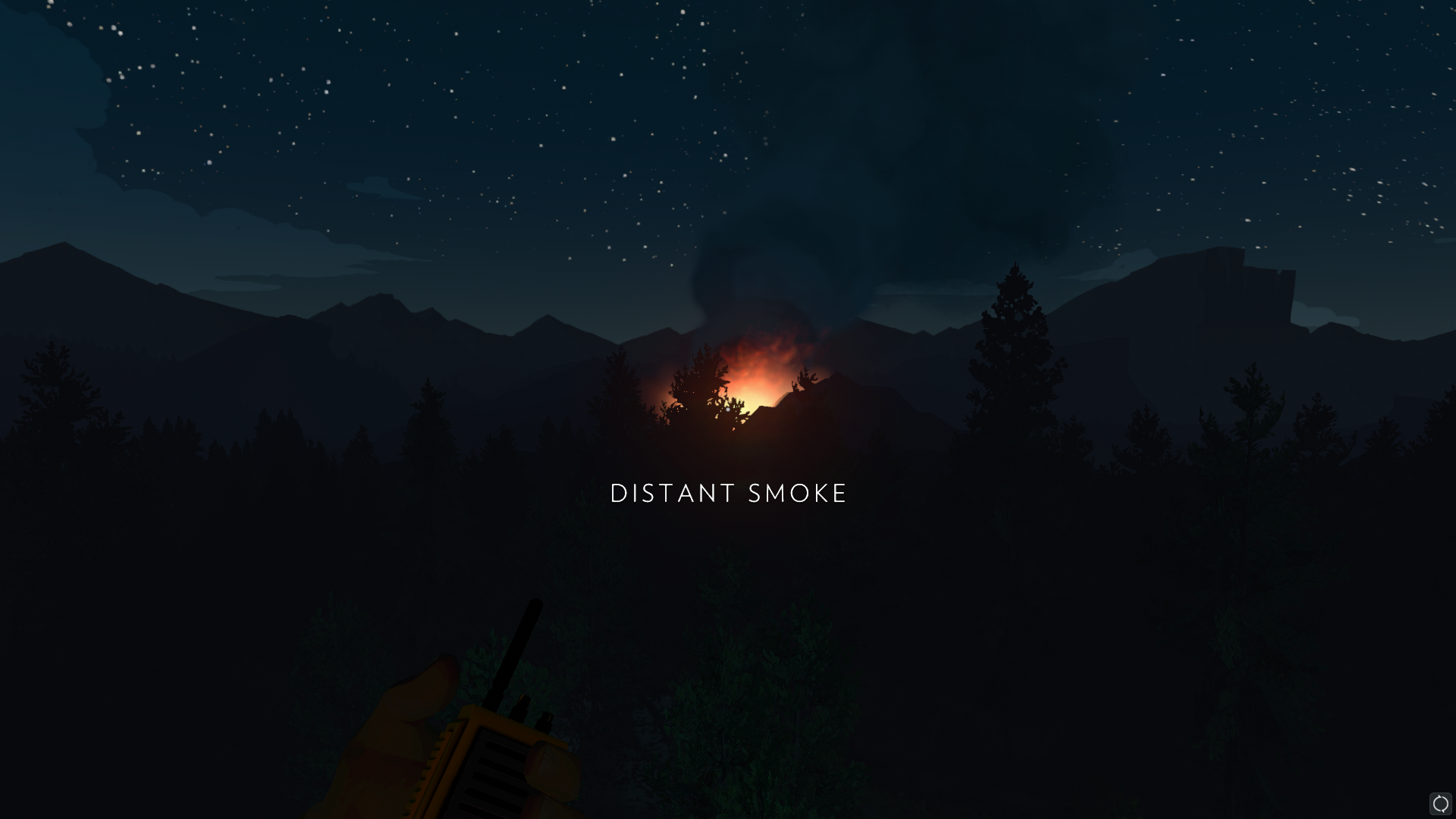
Firewatch is a first-person-perspective game where you play as a man, Henry, who’s working a summer job for the Forestry Service and staying up in a watchtower in the middle of the Wyoming wilds. Henry is on the run from a crumbling life and using the summer gig to reflect on, dodge, and wallow in the state of his marriage and the wife he’s left behind. He’s there to report forest fires and do light trail maintenance. His only human connection is via a handset radio signal to another distant watchtower and the woman stationed there named Delilah.
I knew what kind of game I was getting into shearly through video game gabfest osmosis– this would be a game very much in the style of Gone Home. A game light on mechanics but with a highly interactive world. A game with heavy character interaction and development, but you never actually meet the majority of the characters.
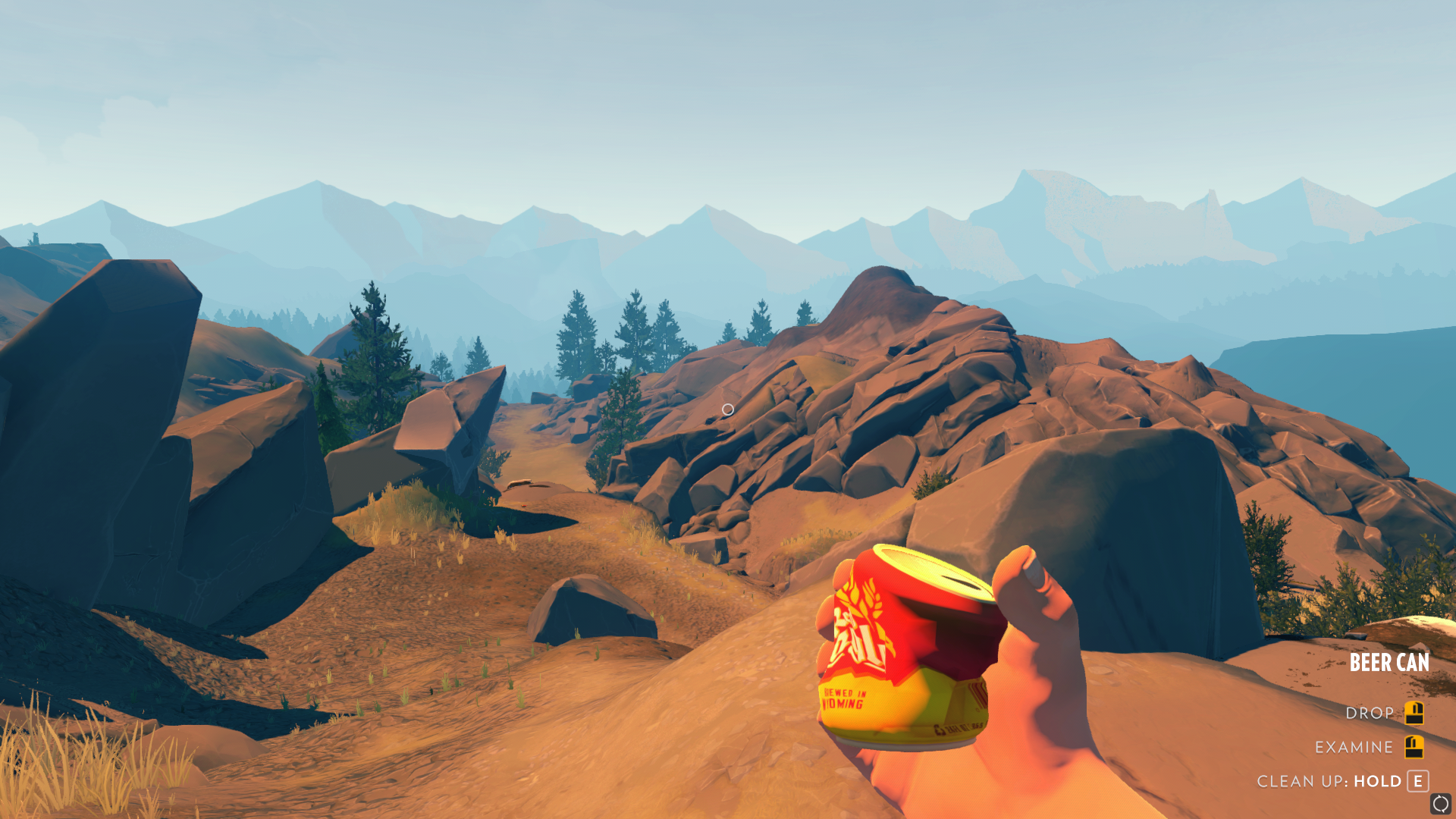
Campo Santo crafted a beautiful, digital Wyoming that, much like trying to capture real life majestic landscapes with a camera, screenshots can’t do proper justice in representing.

Much of the game is traversing trails between area story points with a map and compass in hand, chatting with Delilah about what you see. The open vistas and rocky terrain of Firewatch bely a fairly restrictive path, however, as there isn’t much opportunity for a free-wheeling, bushwhacking trek across whatever stands between you and your destination. There were a few instances where I’d be walking down a series of switchbacks and was forced to stick with the trail, where if it were real life, I would have cut straight through.

Exploring the world of Firewatch felt so close to the feeling of walking real trails it made me itch to get outside for a hike. My very busy winter didn’t leave much room for the outdoors even when the weather was bearable. Thankfully every spring my area has a big geocaching challenge that has you racing all over the state of Maryland, so at least for a little while, I got to scratch that itch. In one state park in particular, I got to scramble across large rocks and down some gravel slides and in those moments, the parallels to the game were splendid to recall.
(Firewatch is all story so I’m hesitant to discuss it much here for fear of spoiling it for you. While I’m not going to explicitly give any details and will dance around the important stuff, if it concerns you, maybe skip this next paragraph, picking up after the image.)
Firewatch’s story is strikingly human, to the point that the game’s end feels (temporarily) like a huge letdown after effectively building tension and intrigue for so long. When I finished Firewatch I declared the ending to be bad, that I was mad at the game, and that I expected more. A day or two later, however, the clear-headedness of going about my life’s usual routine made me pay better attention to how the game actually made me feel. The more I thought about it, the more I’ve become convinced that the end of Firewatch is the only true finish to the game. The whole game is about messy people, their messy relationships and unresolved issues, laid bare in the loneliness of the wilderness. Even if there was grand conspiracy to conquer, it would never make our protagonists into healed heroes turned newly-found soulmates. There’s potential for the ending to be happy but these people could just as easily go right back to the way they were when their summer started. It turns out that my anger when I finished the game actually disguised grief. Grief over the thought that Henry and Delilah, while surely changed by the events they experienced, weren’t suddenly “fixed”. That’s not how all this actually works.
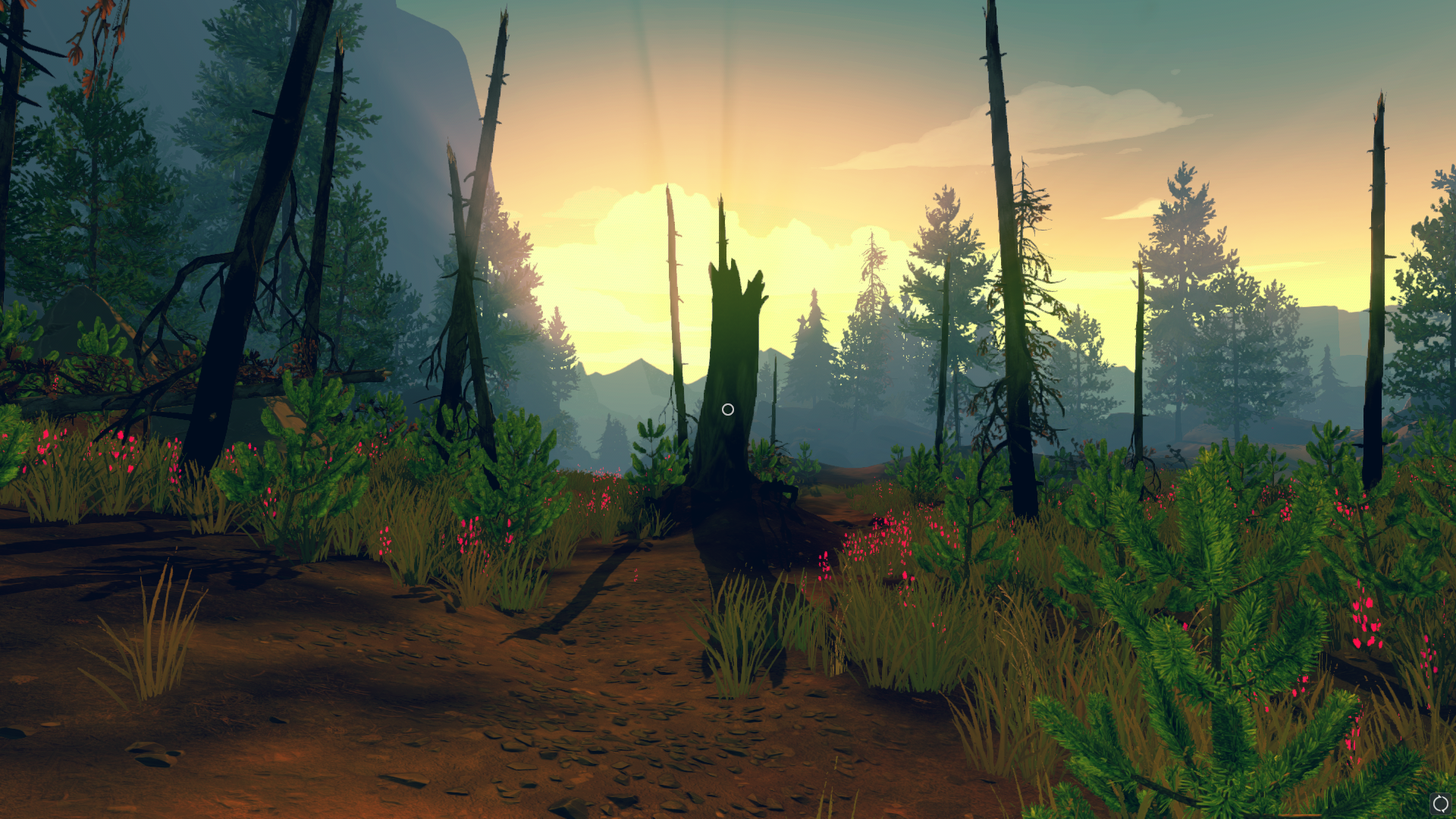
Sign me up for more of these gorgeously-produced interactive narratives, please! The big news lately is that Campo Santo and their next game in production, In the Valley of Gods, has been bought by mega-company Valve. I don’t know how these sorts of business deals work, but hopefully it means a source of stable support for Campo Santo’s continued work. I can’t wait to play what they make next.
*When I bought Firewatch way back when and couldn’t play it thanks to my outdated desktop PC, the website where I bought the game kindly refunded my purchase. The thing was though, I still had the game downloaded and was able to play it later when I got a good gaming laptop. I’m all about supporting creators appropriately so I’m purchasing an extra copy to make sure that I pay for Campo Santo’s work. I’m going to give the copy away to the first person who solves the below.
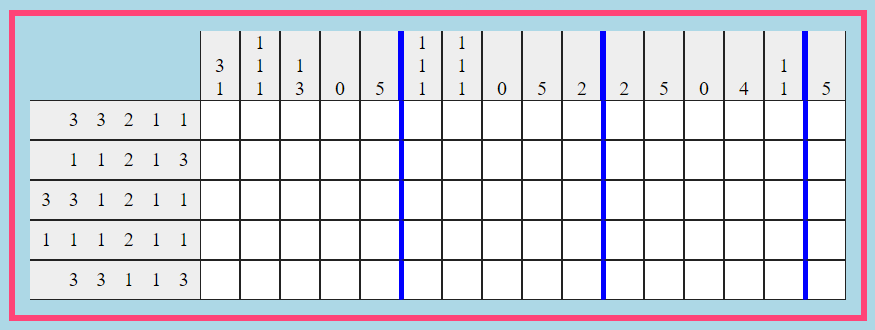

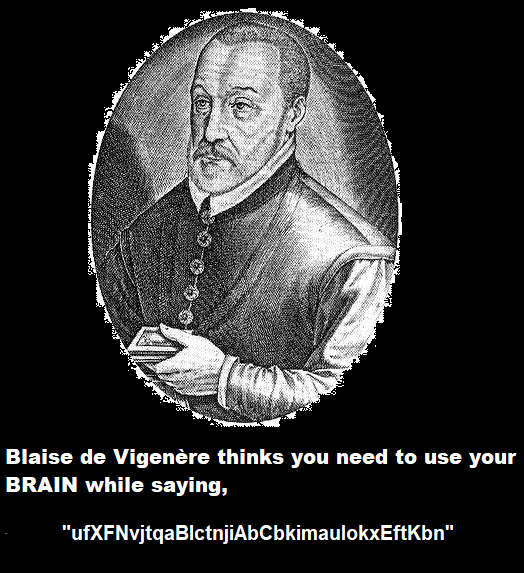
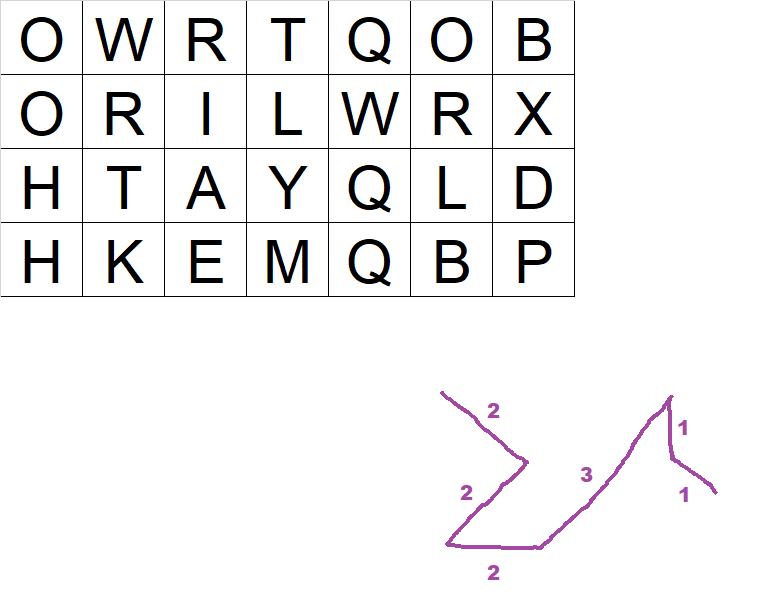
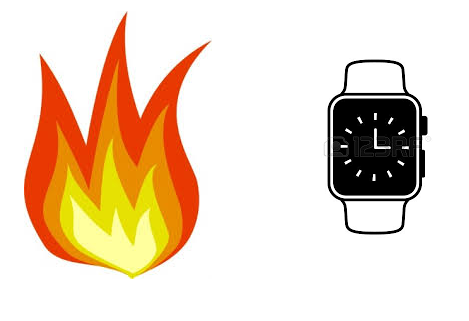
I’m a professional puzzle designer (still weird to say), did you think I was going to make this easy?

